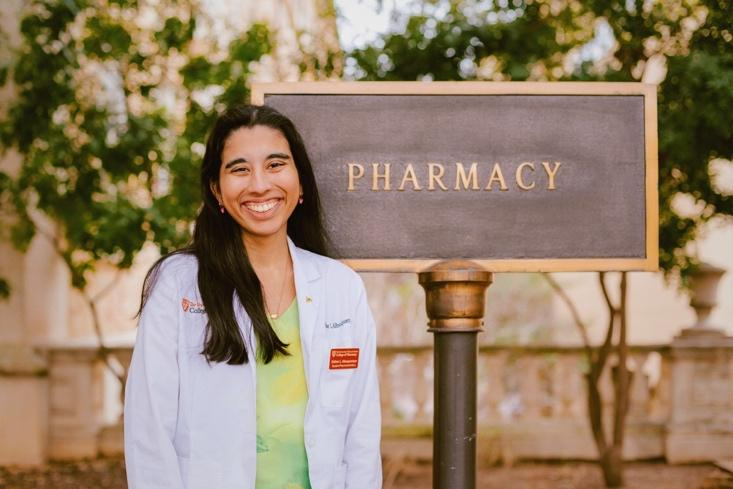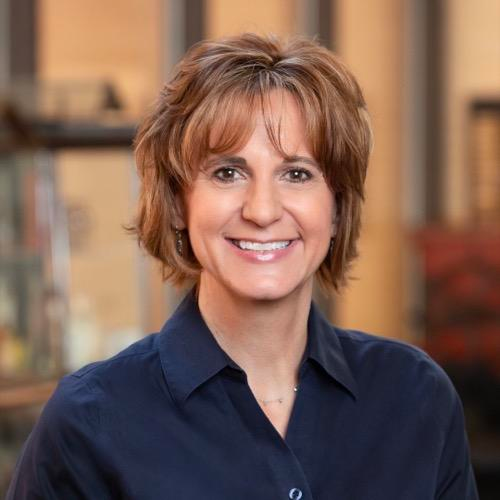By: Esther L. Albuquerque, Pharm D Candidate and W. Renee’ Acosta, R.Ph., M.S.
The Pharmacy College Admissions Test (PCAT) has been a mainstay of the pharmacy school admissions process since 1974. The exam was designed to measure a prospective student’s academic preparedness for the rigors of the professional pharmacy curriculum. With the COVID-19 pandemic in 2020 being a barrier to pharmacy school application numbers, the PCAT was one of the first requirements that moved to optional status. In the 2019-2020 admissions cycle, before the height of COVID-19, 23% (33/142) of pharmacy schools no longer required the PCAT as an objective application tool. This number continued to increase as schools across the nation experienced application shortages as an attempt to decrease admissions barriers and under the belief that the PCAT is not a strong predictor of success.1
The 2020-2021 admissions cycle was the first to have the PCAT requirement waived at The University of Texas at Austin College of Pharmacy (UTCOP). As a student who only completed two years of prerequisite courses, I was worried that my application would be insufficient in displaying my ability to succeed in the program. The written essay, multiple mini-interviews, and extracurricular involvement are less objective components of the application. Prerequisite GPA is the only other admissions tool that relates to academic preparedness. This was the deciding factor to take the PCAT and bolster my holistic profile.
Considering if the PCAT is an indicative factor on a student’s application sparked the idea for a project to comprehensively look at all potential influencers of a student pharmacist’s academic success. The purpose of this project is to identify which factors, both objective and subjective, from a student pharmacist’s background are significant indicators of influencing academic success in the professional PharmD program.
A Qualtrics survey was created with questions regarding a student pharmacist’s academic background including their school, degree obtained, years of undergraduate studies, gap years taken, and other courses taken beyond prerequisites. The survey asked if the PCAT was taken and how much pharmacy work experience a student had prior to matriculation. Ending the survey were two questionnaires that assessed a student’s grit and academic resilience, since subjective factors such as motivation can influence success. Current P1, P2, and P3 student pharmacists at UTCOP were surveyed, and their responses were matched with their cumulative GPA to determine each variable’s relationship to academic success.
An independent sample t-test showed that the mean GPA for the group with a PCAT score (3.60, SD=0.38) was significantly higher than the mean GPA for the group without a PCAT score (3.28, SD=0.37) (p=0.007). A p-value of less than 0.05 indicates a significant result which can be seen in the difference of over 0.3 in average GPA between the two groups.
The PCAT as an admissions requirement has benefits and drawbacks for both applicants and schools. Registration fees for the PCAT can be pricey, especially if an applicant decides to take it more than once to feel confident in their submission. Schools may experience dwindling application numbers due to this cost barrier or having an additional requirement for program admission. Requiring the PCAT excludes last minute applicants since test dates and timing for scores must be taken into consideration for deadlines. Emphasizing cognitive factors through requiring the PCAT may be a barrier for some individuals whose non-cognitive attributes are stronger.
However, considering these negatives, the PCAT can be used as a tool for identifying success in the PharmD curriculum. The results of this project display the degree to which the PCAT influences GPA. By ensuring that prerequisites include subjects tested on the PCAT or requiring the PCAT for admission, a student pharmacist’s GPA could be improved. Focusing on the content areas examined on the PCAT and matching them to undergraduate courses to define prerequisites can be helpful in preparing applicants for the professional PharmD program. Recognizing students that may need additional help based on PCAT score and implementing early interventions could also be beneficial in fostering academic success.
On December 6, 2022, the American Association of Colleges of Pharmacy announced that the PCAT will be retired in 2024 to better fit the evolving needs of the pharmacy admissions process.2 Having the PCAT as optional was a major change to applications, however, removing the opportunity for students to take it entirely is an alteration along the same proportions. Personally, the PCAT boosted my confidence during the admissions process, and I appreciated having the choice to sit for the exam. Reconsidering the end of the PCAT should be urged, especially since these results and many others can refute perceptions that the exam does not strongly predict success.3
Faculty members: Do you think the PCAT should stay, or are there other meaningful metrics that provide the same information?
References:
- Hall JL, Corelli RL, DeHart R, Haney J, Lebovitz L, Philbrick AM, Ross LJ, Sierra C, Jungnickel P. Trends in Pharmacy College Admission Test Requirements and Utilization Across Colleges and Schools of Pharmacy. Am J Pharm Educ. 2021 Mar;85(3):8179. doi: 10.5688/ajpe8179.
- Retirement of the Pharmacy College Admission Test (PCAT) | PharmCAS Community. connect.aacp.org. Accessed May 2, 2023. https://connect.aacp.org/discussion/retirement-of-the-pharmacy-college-admission-test-pcat-4
- Dell KA, Wantuch GA. Predicting success in pharmaceutical calculations. Curr Pharm Teach Learn. 2019;11(10):972-978. doi:10.1016/j.cptl.2019.06.002

Esther Albuquerque is a second year Pharm.D. Candidate at The University of Texas at Austin. Her educational interests include incorporating more clinical specialty knowledge into the curriculum and cultivating motivation and a love of pharmacy in future students. In her free time, Esther enjoys traveling and thrifting.
Renee’ Acosta is the Associate Dean for Academic Affairs at The University of Texas at Austin College of Pharmacy. Her areas of interest include over-the-counter products, student assessment and success, and innovative teaching methods.

Pulses is a scholarly blog supported by Currents in Pharmacy Teaching and Learning
